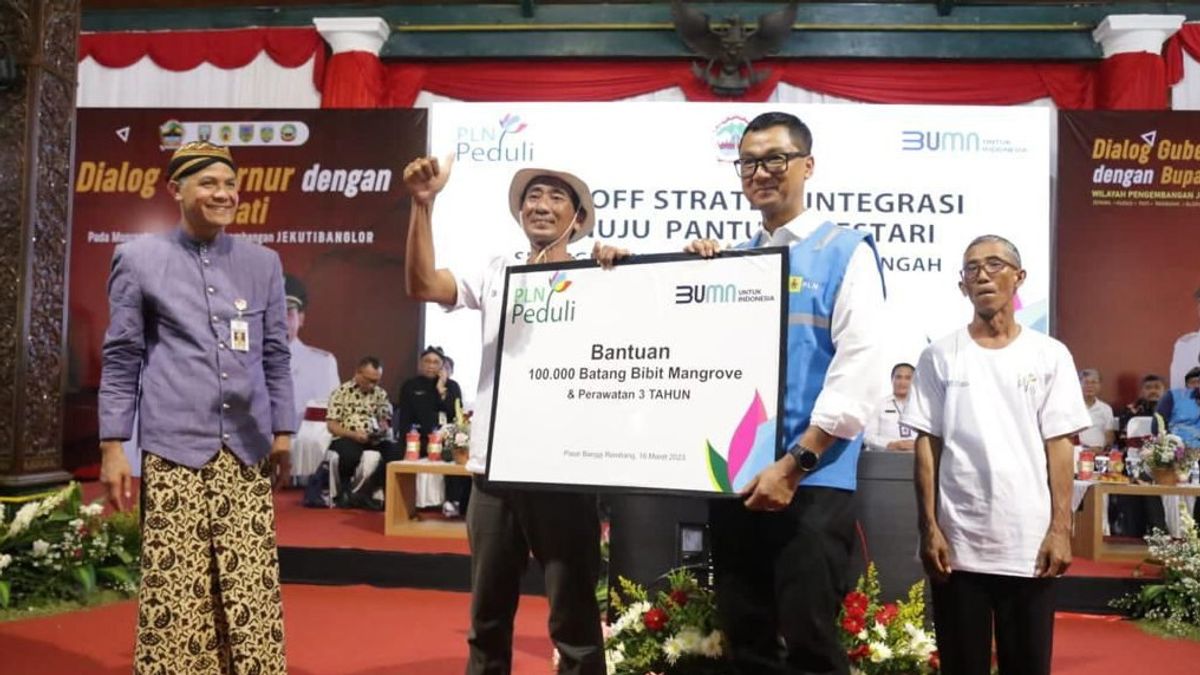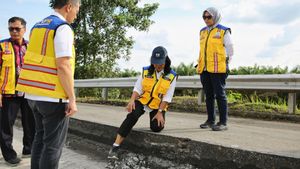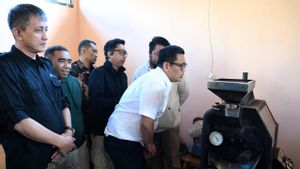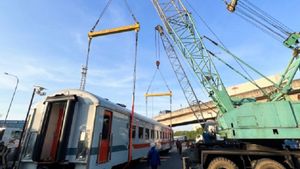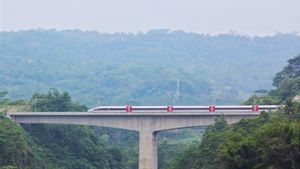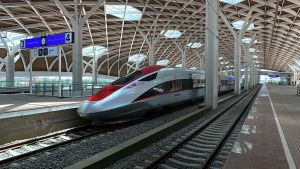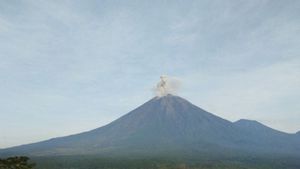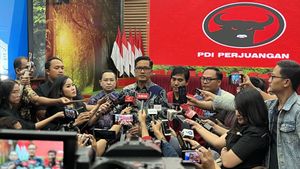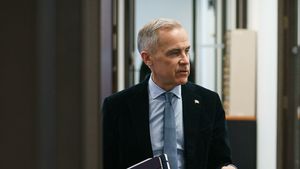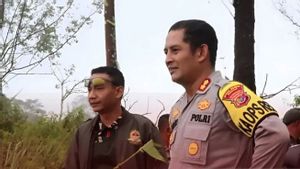Central Java (Central Java) Governor Ganjar Pranowo collaborated with PT PLN (Persero) to prevent coastal abrasion and tidal flooding by restoring the coastal area of the North Coast (Pantura) Java, at the Kick Off event 'Strategy Towards Pantura Lestari' in Rembang, Thursday, March 16.
PLN President Director Darmawan Prasodjo ensured that his party would continue to support the spirit of the Governor of Central Java in rehabilitating the coastal environment of Pantura. The spirit of the Central Java Provincial Government to fight climate is in line with PLN's efforts to transition energy to achieve Net Zero Emission (NZE).
"We see the extraordinary efforts of the Central Java Provincial Government. With the leadership of Mr. Ganjar, environmental restoration strategies through planting mangroves, making embankments as well as involving the active role of the community are able to run well. We will continue to support this step in line with our energy transition agenda," Darmawan said in a written statement, Friday, March 17.
Darmawan said that his party would restore mangrove areas through planting 100 thousand mangroves. This step is to mitigate the risk of flooding and abrasion in the area around Pantura Java, especially in Banggi Rembang Market which is affected by climate change.
Mangrove plants are one of the pillars of warming from sea waters. In this collaboration, mangrove planting will be carried out on an area of 10 hectares and divided into two stages, semesters 1 and 2. Meanwhile, the mangrove seeds used come from the nursery of the local farmer group.
Later, the collaboration between PLN and the Central Java Provincial Government will be continued with mangrove planting in other areas that still need mangrove plant restoration, which is planned to be around 437,860 mangrove stems with an area of 100 hectares for the North Coast of Java, this year.
In addition to planting mangroves, Darmawan explained, his party will use the processing technology of the remains of coal burning ash at PLTU or Fly Ash Bottom Ash (FABA) to become concrete as raw material for tetrapod. This tetrapod functions as a temporary embankment in restraining the waves.
"We are using this FABA to become a tetrapod. It turns out that by using this FABA, the production cost of tetrapod production can be reduced by 50 percent. So, this is a strategic step to accelerate the mitigation of coastal abrasion along the coast of Pantura," said Darmawan.
Tetrapod is a sea wave damping structure made of concrete. The concrete used is made from FABA which is produced from PLTU Tanjung Jati B and PLTU Rembang. Darmawan said, for tetrapod products produced there are two types, namely 100 kg weight and one ton.
PLN also ensures that this use is also safe and will not pollute the environment, because the quality is in accordance with national standards. "In addition to being able to save on production costs, you can also participate in protecting the surrounding environment," explained Darmawan.
Meanwhile, Central Java Governor Ganjar Pranowo said that the Pantura area is one of the important routes to supporting the national economy.
However, climate challenges such as abrasion, land subsidence and tidal flooding have made the spirit of fighting climate challenges echoed and in line with the Pantura Lestari program.
"Therefore, consistently the Central Java Provincial Government (Central Java Provincial Government) is present to accommodate solutions from cross-institutions and academics to take concrete steps to overcome the phenomenon of flooding and abrasion on the Pantura route," he added.
The English, Chinese, Japanese, Arabic, and French versions are automatically generated by the AI. So there may still be inaccuracies in translating, please always see Indonesian as our main language. (system supported by DigitalSiber.id)
